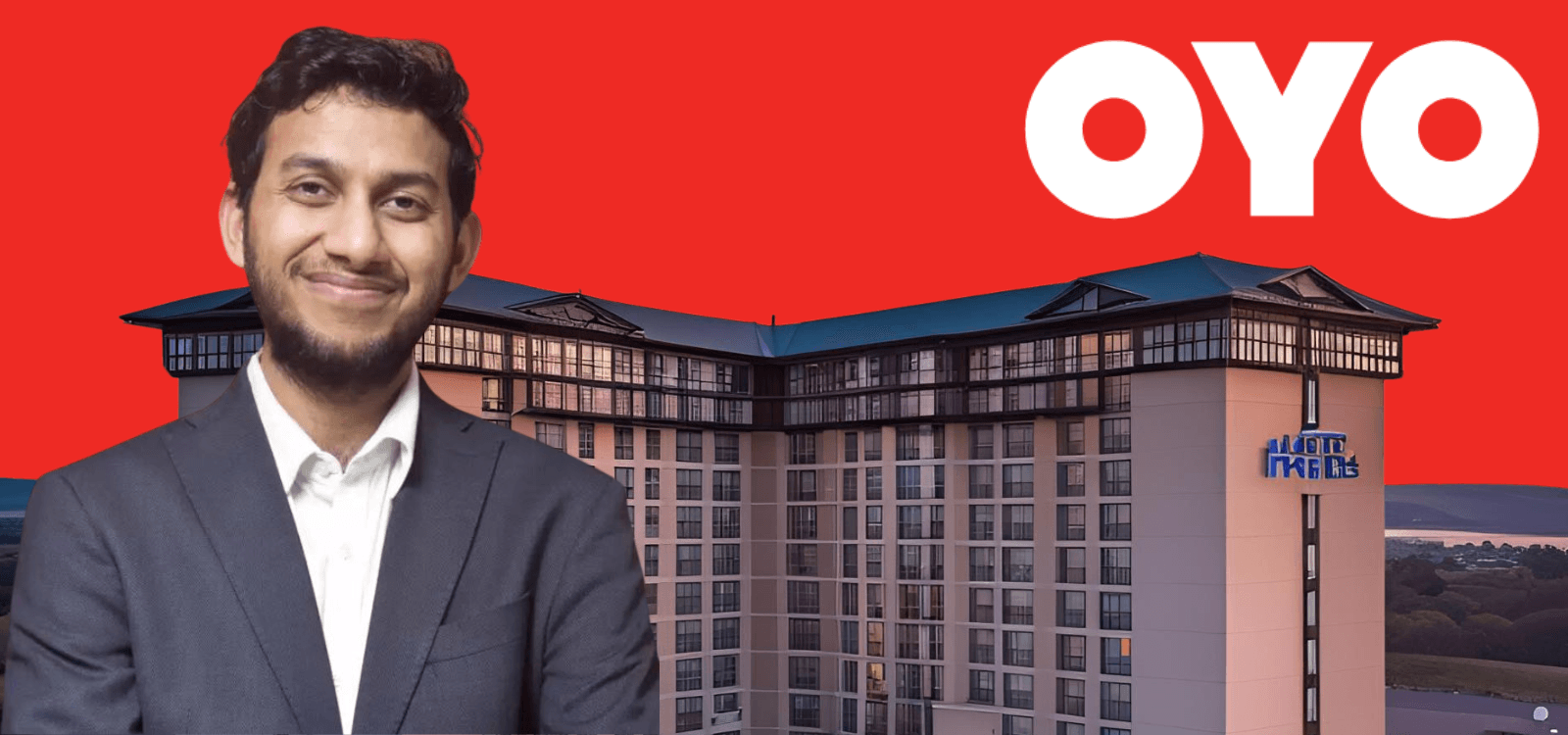OYO, the travel tech unicorn that reshaped budget hospitality in India and beyond, is gearing up for its long-awaited IPO. The company is reportedly preparing to file its Draft Red Herring Prospectus (DRHP) this November, with ambitions of securing a $7–8 billion valuation.
This marks a pivotal moment for the Ritesh Agarwal-led firm, which has been flirting with public listing plans for years but often delayed due to market conditions and internal restructuring. Backed heavily by SoftBank, OYO has now received positive signals from investment banks including Goldman Sachs, Axis Capital, Citi, ICICI Securities, JM Financial, and Jefferies. The message is clear: markets may finally be ready to welcome OYO.
The timing couldn’t be more favorable. The hospitality sector has rebounded with gusto, buoyed by an insatiable post-pandemic demand for travel. OYO has been quick to capture this resurgence, tightening its operations, improving cash flows, and reporting healthier earnings in Q1. Analysts suggest that these stronger fundamentals could be the confidence boost investors need to buy into the IPO story.
But this filing won’t just be about the numbers. Earlier this year, Agarwal hinted at a possible rebrand for OYO’s parent entity, Oravel Stays Limited. He even crowdsourced ideas for a new name, signaling an appetite for a refreshed identity that could debut alongside the DRHP. At the same time, OYO is exploring a premium hotel-focused app to complement its budget segment stronghold, widening its reach in an increasingly competitive travel-tech landscape.
Valuation targets are equally ambitious. A $7–8 billion IPO implies pricing around ₹70 per share, translating to roughly 25–30x EBITDA. For a company once written off as a hyper-growth story with sustainability issues, this marks a bold statement of intent. Years of cost-cutting, portfolio optimization, and a sharper focus on profitable markets appear to have brought OYO closer to a more stable, scalable model.
Of course, challenges remain. The global IPO environment is still patchy, and investors will be cautious about startups promising scale without profits. Yet OYO has one key advantage: the hospitality revival isn’t slowing down anytime soon. From quick weekend getaways to business travel, the demand curve is firmly in its favor.
If the DRHP goes through in November, it could trigger one of the most-watched listings in India’s startup ecosystem. The narrative is compelling: a young founder, a global presence spanning 80+ countries, and a company that has survived crises to position itself for a blockbuster listing.
For investors, the question is simple. Will OYO’s IPO finally deliver the returns its backers have waited for, or will it remain another high-profile gamble? The answer may soon be written in bold on Dalal Street.



